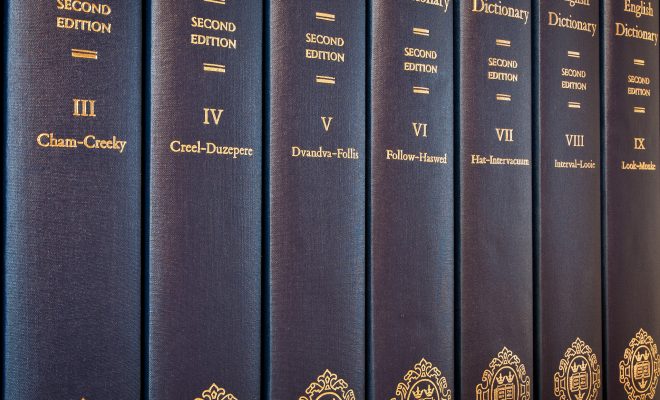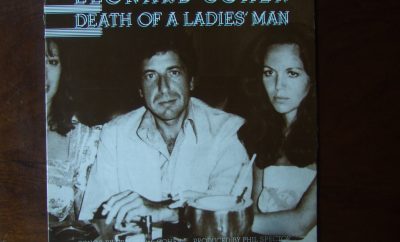 "Oxford English Dictionary" courtesy of mrpolyonymous; license: (CC BY 2.0)
"Oxford English Dictionary" courtesy of mrpolyonymous; license: (CC BY 2.0)
News
Oxford Dictionaries Makes ‘Post-Truth’ the Word of the Year
The Oxford Dictionaries declared “post-truth” the word of the year after Brexit and the U.S. election led to a surge in the use of the term. Both the Brexit and Trump campaigns were defined by appealing to people’s emotions rather than logic, statistics, or facts. Oxford Dictionaries defines the word as, “Relating to or denoting circumstances in which objective facts are less influential in shaping public opinion than appeals to emotion and personal belief.”
The word has been around since at least 1992, but with all of the political drama in the past year, its use has increased by 2,000 percent. “We first saw the frequency really spike this year in June with buzz over the Brexit vote and again in July when Donald Trump secured the Republican presidential nomination,” said Casper Grathwohl, president of Oxford Dictionaries. He said that use of the word spread as fast and wide as it did thanks to social media, and a growing distrust of facts offered by politicians and media. “Given that usage of the term hasn’t shown any signs of slowing down, I wouldn’t be surprised if ‘post-truth’ becomes one of the defining words of our time,” Grathwohl said.
If you wonder how to use the word it would be something like this.
Made the mistake of reading a #DailyTelegraph today. #PostTruth definitely sums up the misinformation they print as “news”.
— Angry Old EcoWarrior (@qw92p) November 16, 2016
Nevermind #PostTruth we’re living in a #postlogical #postpolitical & #postcritical world governed by too much opinion & not enough analysis
— George Vasey (@GeorgeVasey) November 16, 2016
Obama founded ISIS. George Bush was behind 9/11. Welcome to post-truth politics https://t.co/QYrx76krF0
— The Economist (@TheEconomist) November 1, 2016
The word “post-truth” is strongly associated with politics, and often communicated via social media, where many people get their news. “I think it reflects a trend of how emotion and individual reactions are becoming more and more important. People are restricting their news consumption to sources that don’t claim to be neutral,” said Charlotte Buxton, an editor at Oxford Dictionaries.
Facebook and Google have been in hot water recently for spreading fake news stories. Many people swallow the bait and actually believe them. Notable examples of this include reports that Denzel Washington praised Donald Trump (he didn’t) or that Trump won the popular vote (he didn’t).
Popular words can symbolize the spirit of the time and can be trendy and vanish fast, but some stick around and become part of a modernized language. “When you look back at the dictionary, you get some words that are a spasm of history and they very quickly fall out of use,” linguist Dr. Claire Hardaker told BBC. “Others live on and become part of our language. But it is very unpredictable.”
Other words that made the short list for word of the year include “Brexiteer,” which defines a person who voted for Brexit; “adulting,” which describes the practice of behaving as a responsible adult; and “coulrophobia,” an extreme or irrational fear of clowns and yet another word that would capture the spirit of 2016. The Oxford Dictionaries word of the year last year was a picture for the first time ever–more specifically, it was the emoji used to indicate laughing so hard that you cry. This year, “post-truth” seems to be more reflective of the public mood.








Comments